Swedish software company Hexagon has announced a $100 million investment in Divergent Technologies, an industrial manufacturing company at scale. Divergent has created an alternative car manufacturing process called the Divergent Adaptive Production System (DAPS). This system, according to the company, overcomes economic and environmental challenges.
Features of Divergent Adaptive Manufacturing System (DAPS)
DAPS is a fully integrated software and hardware solution that creates an end-to-end modular digital factory for complex designs. The proprietary process combines AI-optimized generative design software, additive manufacturing and automated assembly to create lightweight automotive parts and frames.
The weight, strength and cost of car models are optimized by this software. Parts are independently 3D printed and assembled, minimizing production time and human involvement. Parts manufacturing and assembly can be performed using the same hardware infrastructure regardless of design, allowing for quick design changes or seamless transitions between different vehicle models without downtime. The design-agnostic process consumes less energy and resources, produces more efficient designs faster, and achieves weight reductions of 20% to 70%, resulting in significant improvements in vehicle efficiency.
“This significant investment will enable us to accelerate our plans to build a global network of DAPS factories, each serving multiple OEM customers,” said Lucas Tszinger, senior vice president of Divergent operations and co-founder of Czinger Vehicles. “We look forward to a long-term partnership with Hexagon as Divergent and Czinger Vehicles scale.”
Elsewhere, an award for creative use of 3D printing went to Czinger Vehicles' 21C hypercar at the 3 2022D Printing Industry Awards. Here's a link to learn more about Czinger at Goodwood.
Industrial processing additive manufacturing
This year, BMW announced the successful completion of its “IDAM” project for the digitalization and industrial processing of additive manufacturing. Since its launch three years ago, BMW and its partners have installed two digitally connected 3D automotive production lines. In addition, these production facilities, one in Bonn at material developer GKN Powder Metallurgy and another in Munich, are capable of producing around 50 parts per year, operating autonomously without the need for manual input.
In addition, industrial company Siemens and industrial 3D printer manufacturer Roboze are collaborating to create end-to-end workflows for industrial 3D printing recycling. Thus, through a series of digitalization and automation projects, the two companies have been able to combine their expertise to expand manufacturing capabilities for companies in the energy, transportation and aerospace sectors.
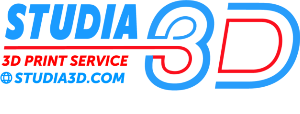

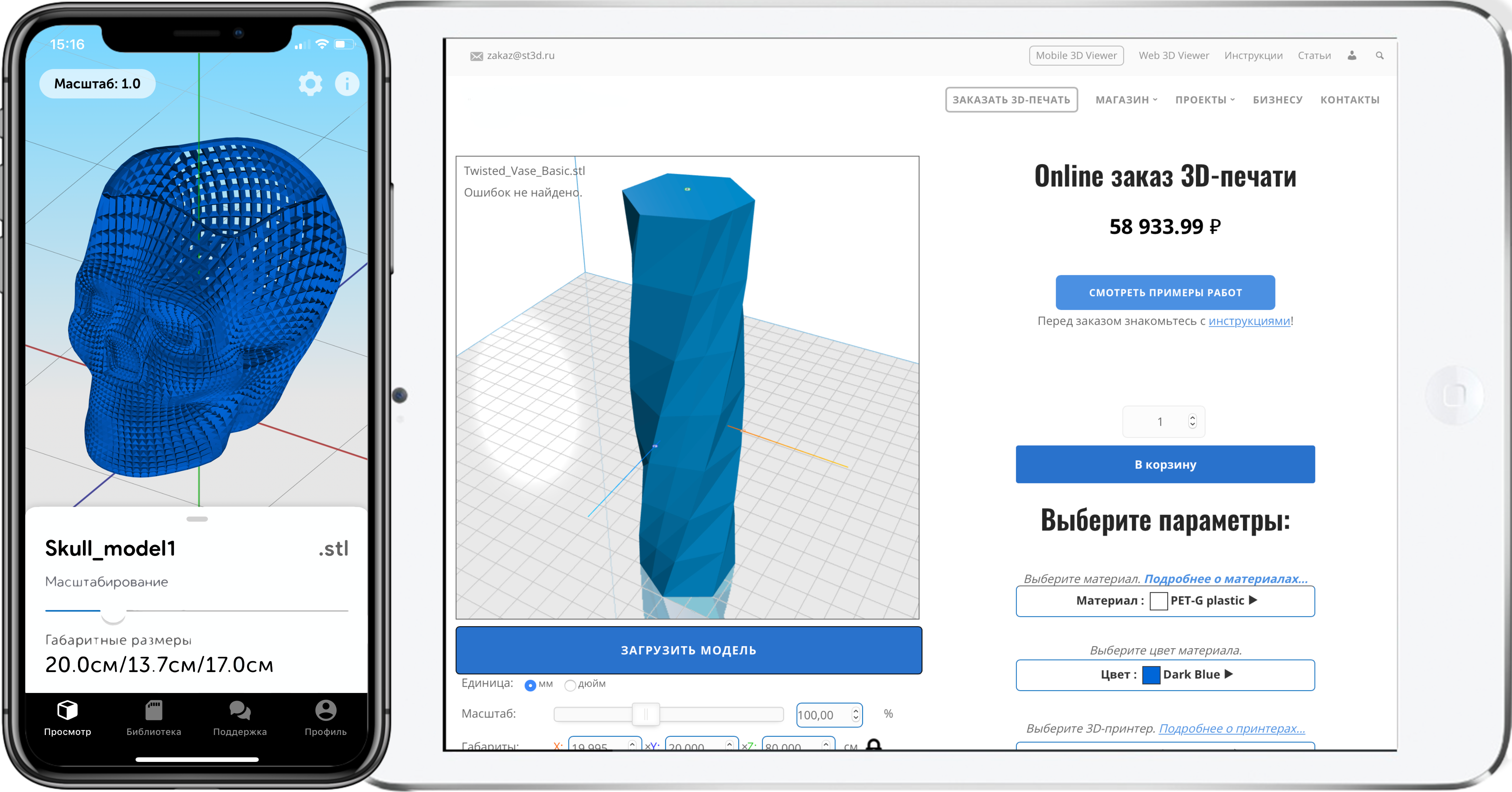

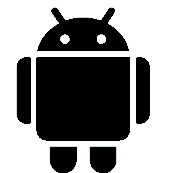

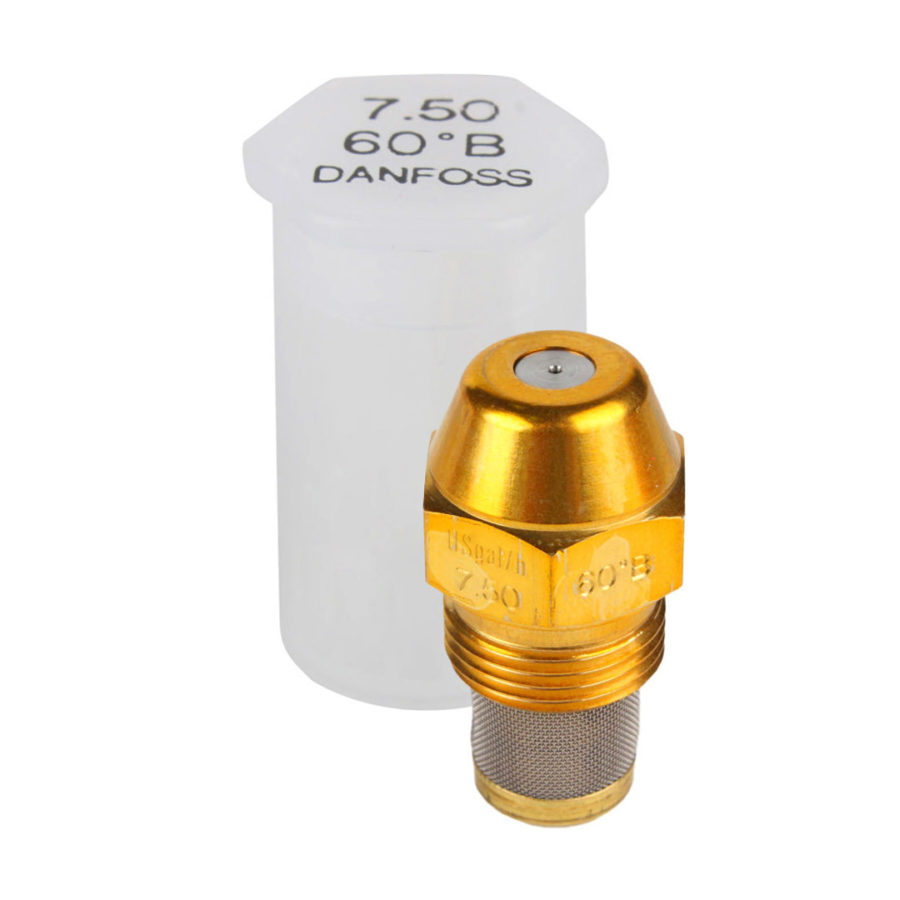
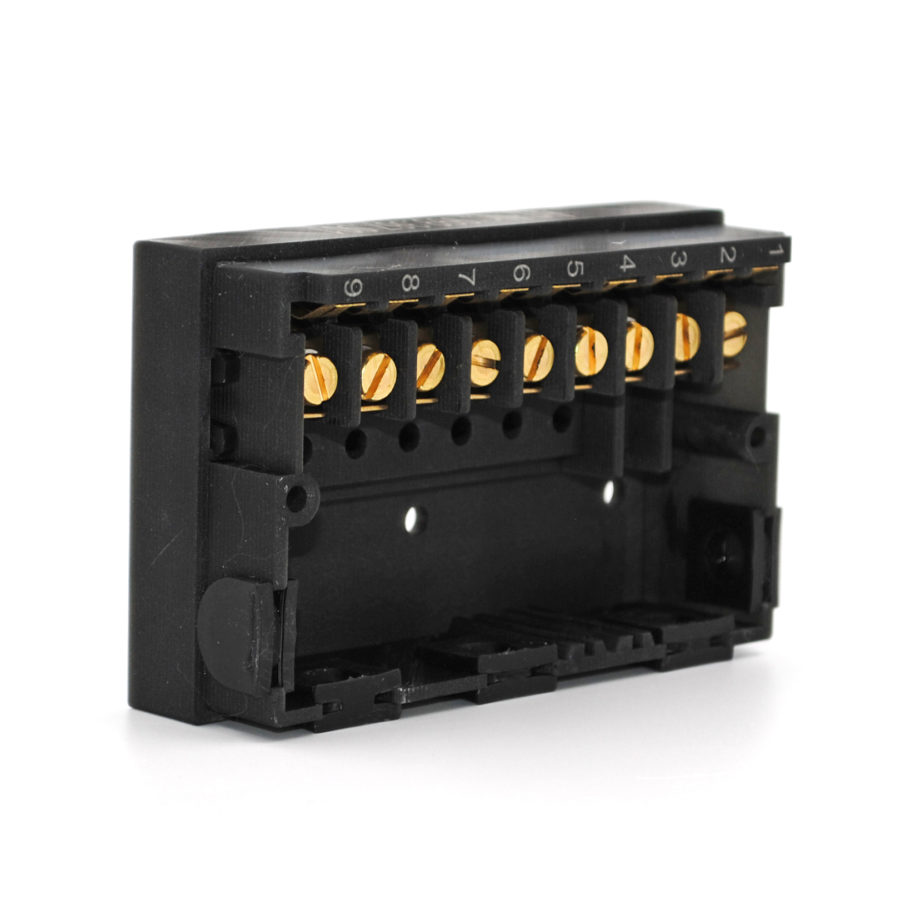
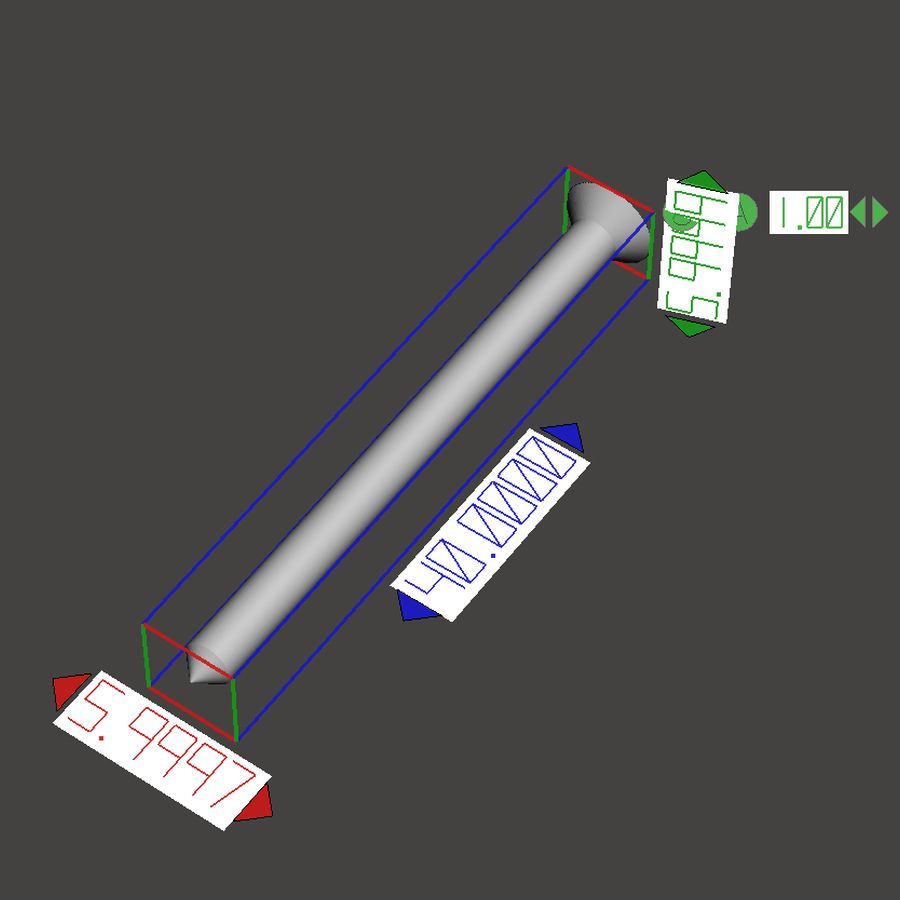
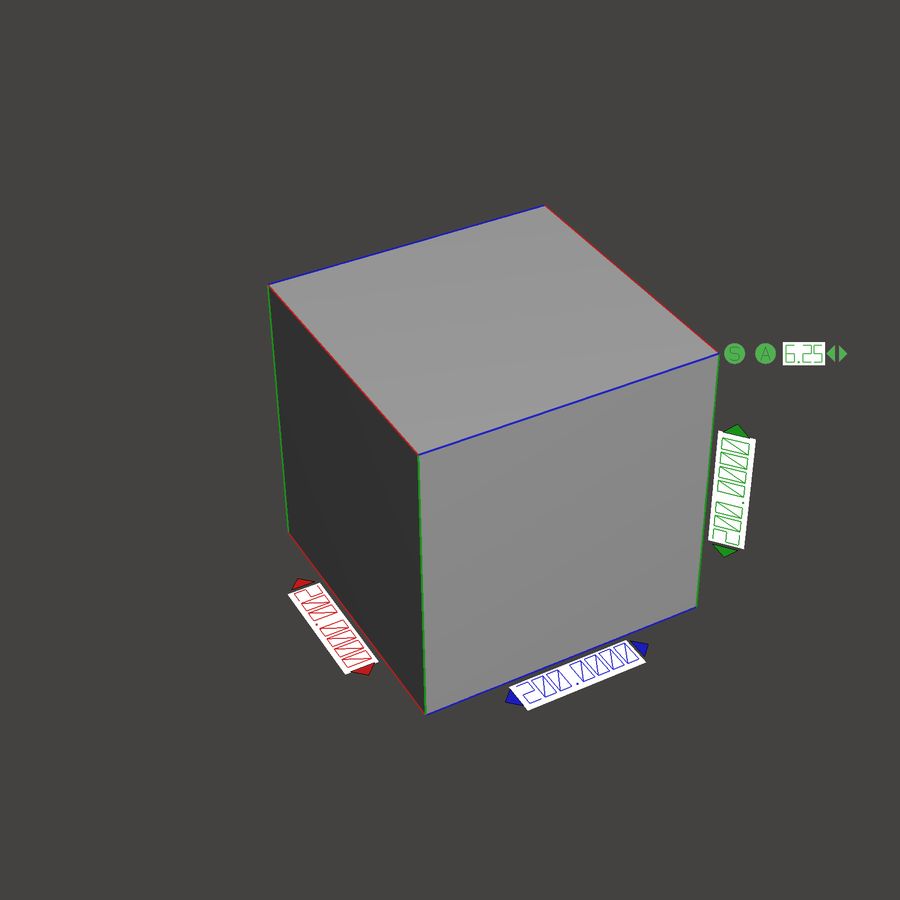
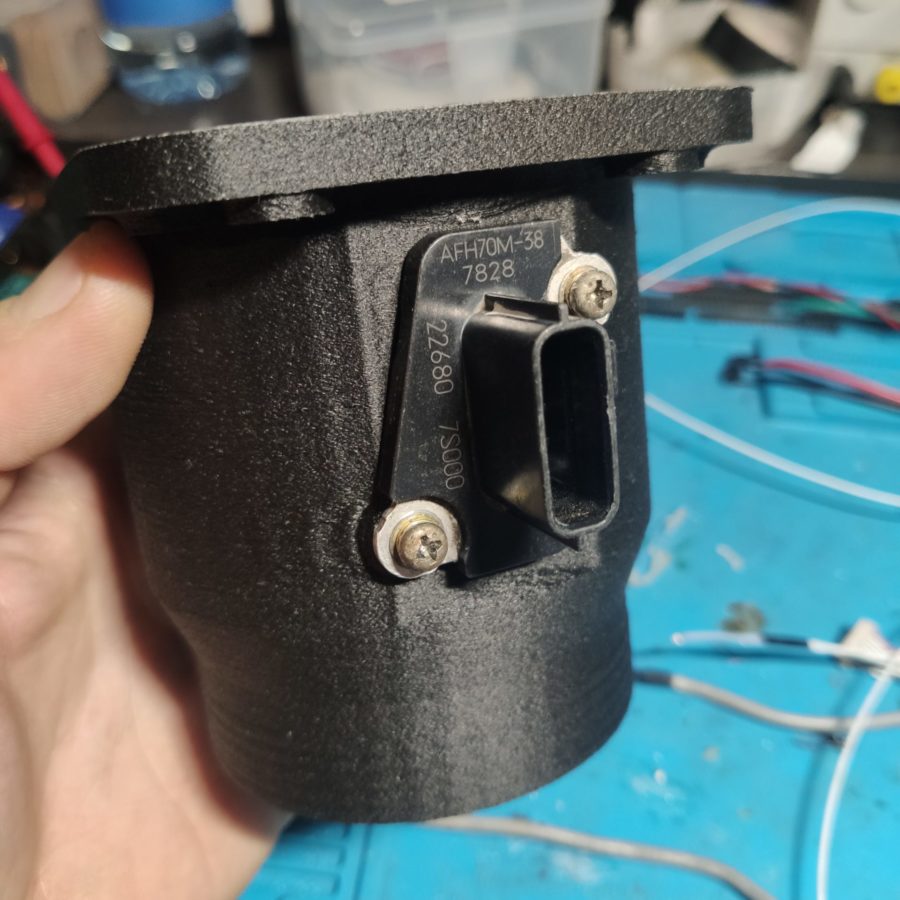

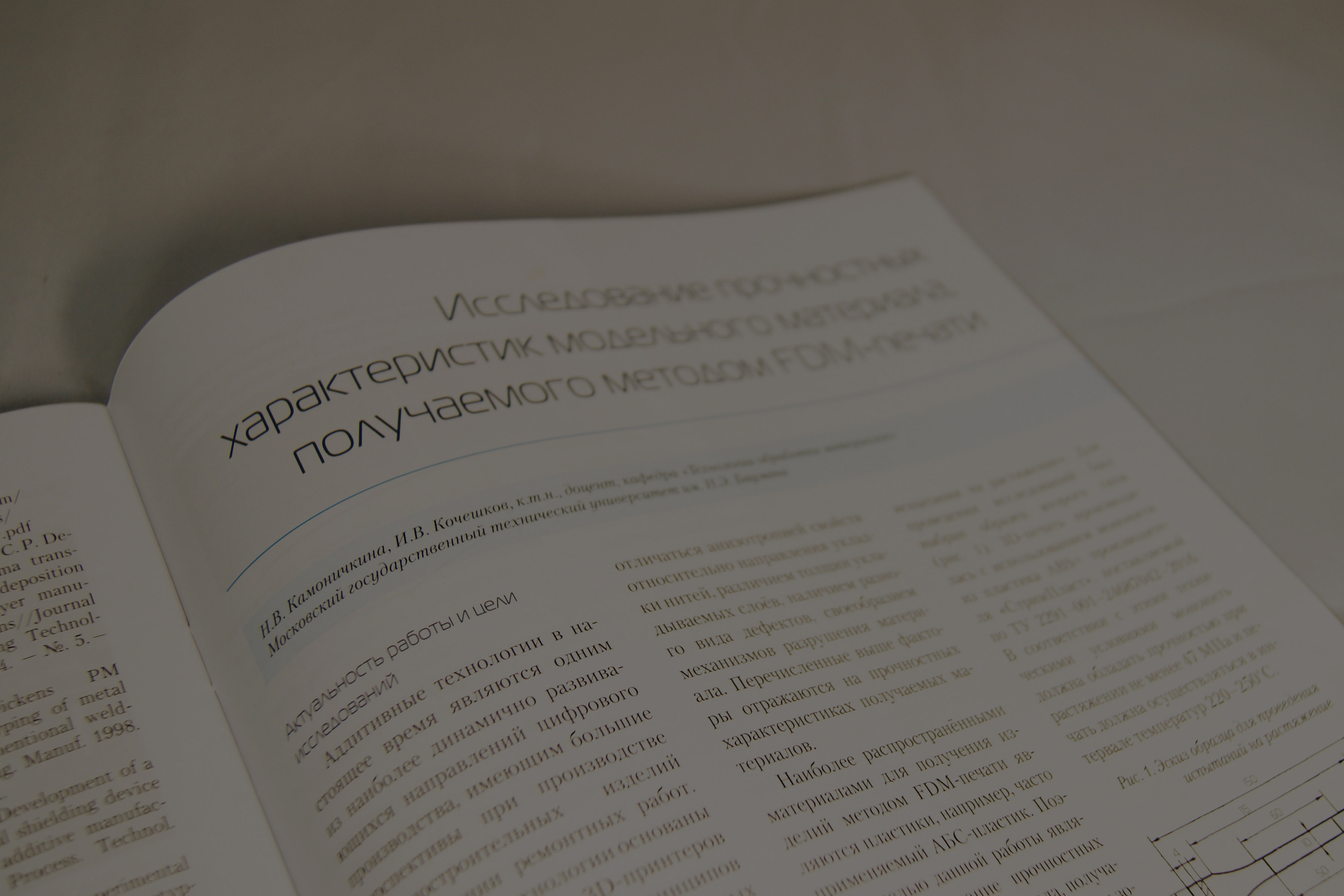



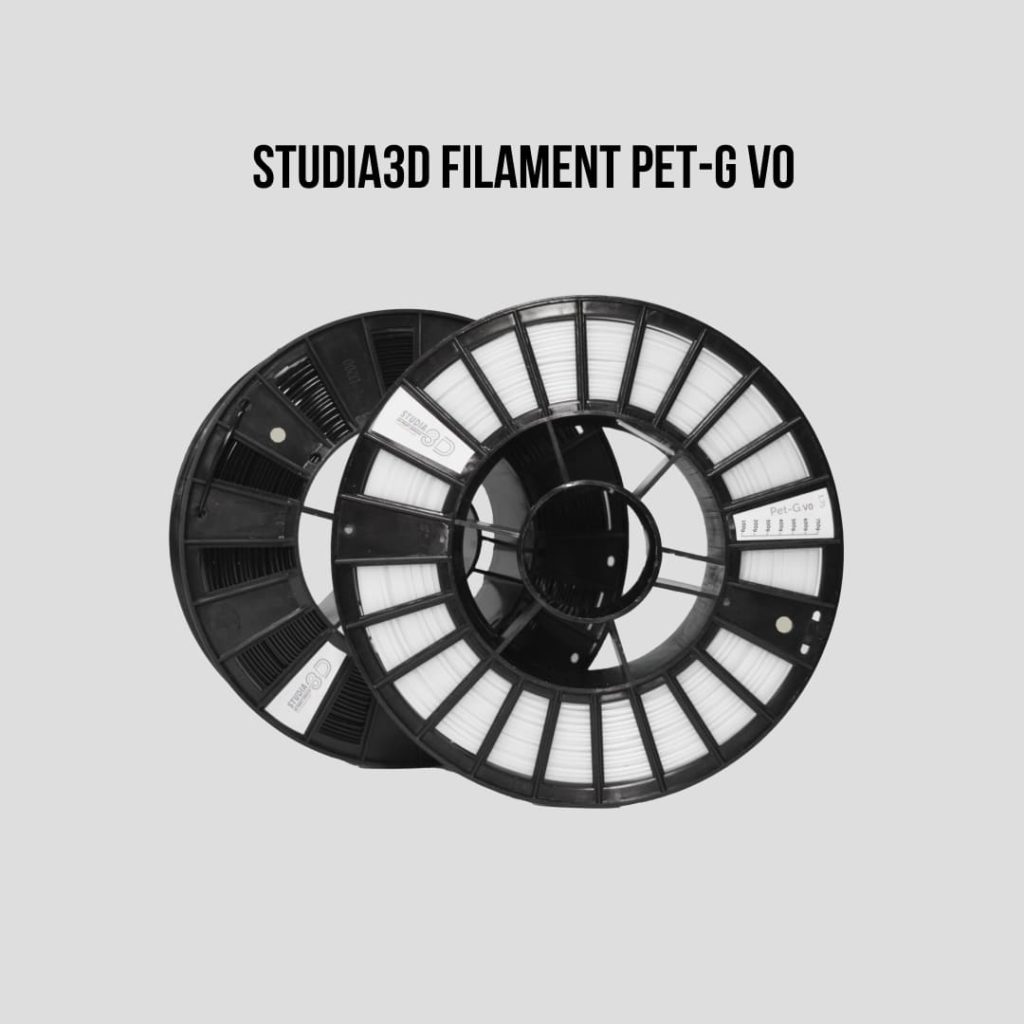
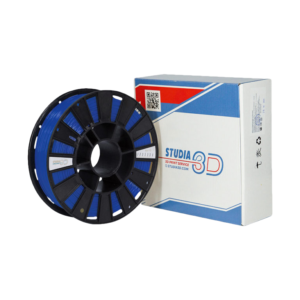
Author: Natalia Kamonichkina
More articles from Natalia Kamonichkina